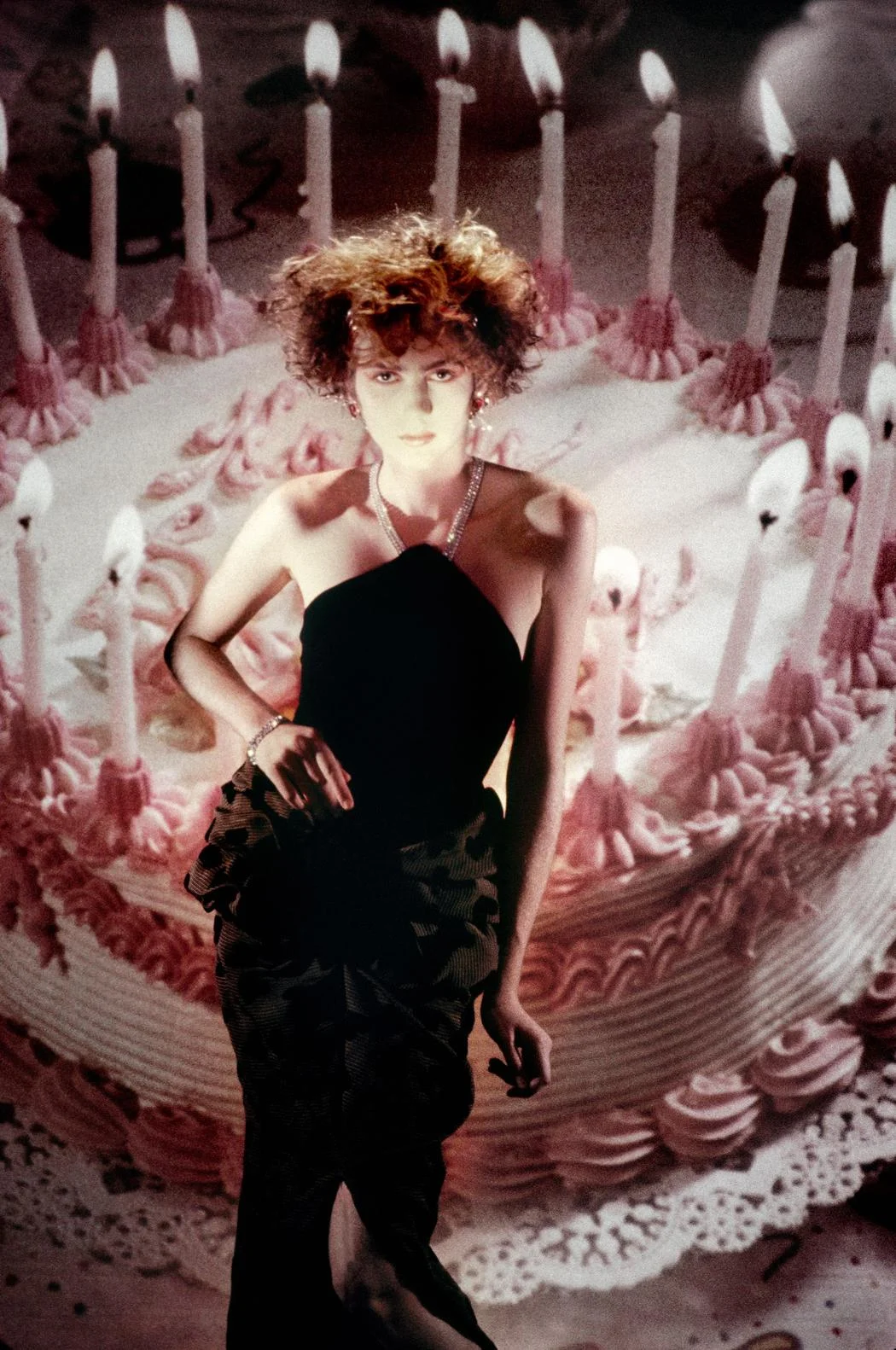willy vlautin, 'don't skip out on me'
When he looks at his new novel Don’t Skip Out on Me, Willy Vlautin says he realises it’s ‘a study in loneliness’. As in his first four books, and the songs of his band Richmond Fontaine, the world is a hardbitten, threadbare place; each one of the scrappers and strivers, sprung from rural Nevada, seems to be trapped within themselves. This is true of our young protagonist Horace Hopper, who’s setting out to make it as the boxer ‘Hector Hidalgo’, and it’s true of Eldon Reese, the rancher and father-figure he leaves behind. It’s even true of minor characters like Víctor, an unstable ranch-hand who’s sent into the mountains and ends up slaughtering sheep, or Benny, who sits forlornly outside his tyre shop with Snickers and beer. Everyone trudges around as if the American West were an open jail.
Don’t Skip Out on Me didn’t mean to end up this way. It began with energy, promise, ambition. Vlautin says that one of its totems was a childhood picture of the Welsh boxer Colin Jones, who dug graves all day then spent the evening in the gym; Jones’ fanatical drive made him a British, European, and Commonwealth champion, and for a while Horace Hopper is on a similar track. In search of every fight he can get, he travels a hundred miles to Mesa, seven hundred to Salt Lake City, a thousand to Monterrey. Horace isn’t bad – he punches hard – and for a while he shows promise, but he’s easily led by agents seeking a cut, and he has a problem with what he calls ‘freezing’, where he tenses up and gets pummelled. Soon he has a bigger problem with reality, when he’s persuaded to challenge a boxer with far more experience and skill. He’s permanently maimed, he loses, and he ends up a sidewalk drunk. So ends the Hidalgo dream.
This is probably sad, but it’s tough to care. No-one conveys much interiority here, least of all Hector, who shambles out of each ring like a philosophical zombie, suffering all of the accidents with none of the essence. The narrative sounds like a medical chart learning grammar: ‘the pain in his ribs flared with every bump and shake of the road, his shattered nose bled down his lips, his right hand seized in pain’. Vlautin, I think, wants to be powerfully economical, a Steinbeck from Reno, but it doesn’t quite come off. ‘He walked around the store in his black sweats and stopped in front of a large mirror and shadow-boxed while staring at the boots.’ Flat and ungainly; not a pretty mix.
When characters talk to each other, it’s equally stiff, but extra-wholesome. Reese and his wife Louise are growing old together in idyllic style; he looks after the cattle, she takes biscuits out of the oven. When he decides to go hunt for the struggling Horace, she begins to fret: ‘“You’ll have to quit crying,” he told her. He put his arms around her while she kneaded the dough. “If you don’t quit then I’ll start, and I won’t have it in me to make the trip.”’ She nods, and makes him a sandwich. Even when Reese drives into Tonopah to meet his best friend Ander, who’s a few drinks down at 7am, the conversation is pleasant and folksy. It’s all a bit surreal. Reese is on Valium for his spasmic back, but I think he might be dropping it in the water supply.
The best passages in Don’t Skip Out on Me are the ones that wish they were pictures instead. Vlautin thinks in B-roll footage: broad sighing vistas of the Nevadan hills, wild horses bathing in the sun, pinyon pine and birch trees and creeks that trickle along. That characters have to live here, punctuating nature with their mess of cause and effect, seems like an imposition. But Vlautin’s novels have always aspired to be more than mere ink. His first, The Motel Life, became a successful film, and his third, Lean on Pete, is in cinemas this year. To go with this new one, there’s a soundtrack album by his old band Richmond Fontaine – wordless, of course, just a soundscape of steel guitar and sedate percussion, with cover photos (by Vlautin) of the open plains. The late Ursula Le Guin gave Don’t Skip Out on Me a fulsome blurb quote, saying ‘it takes real courage to write a novel about ordinary good people’. I would agree, but I don’t think Vlautin has. This novel reads like a novelisation, like a tie-in; he’s written the bones of a film.





